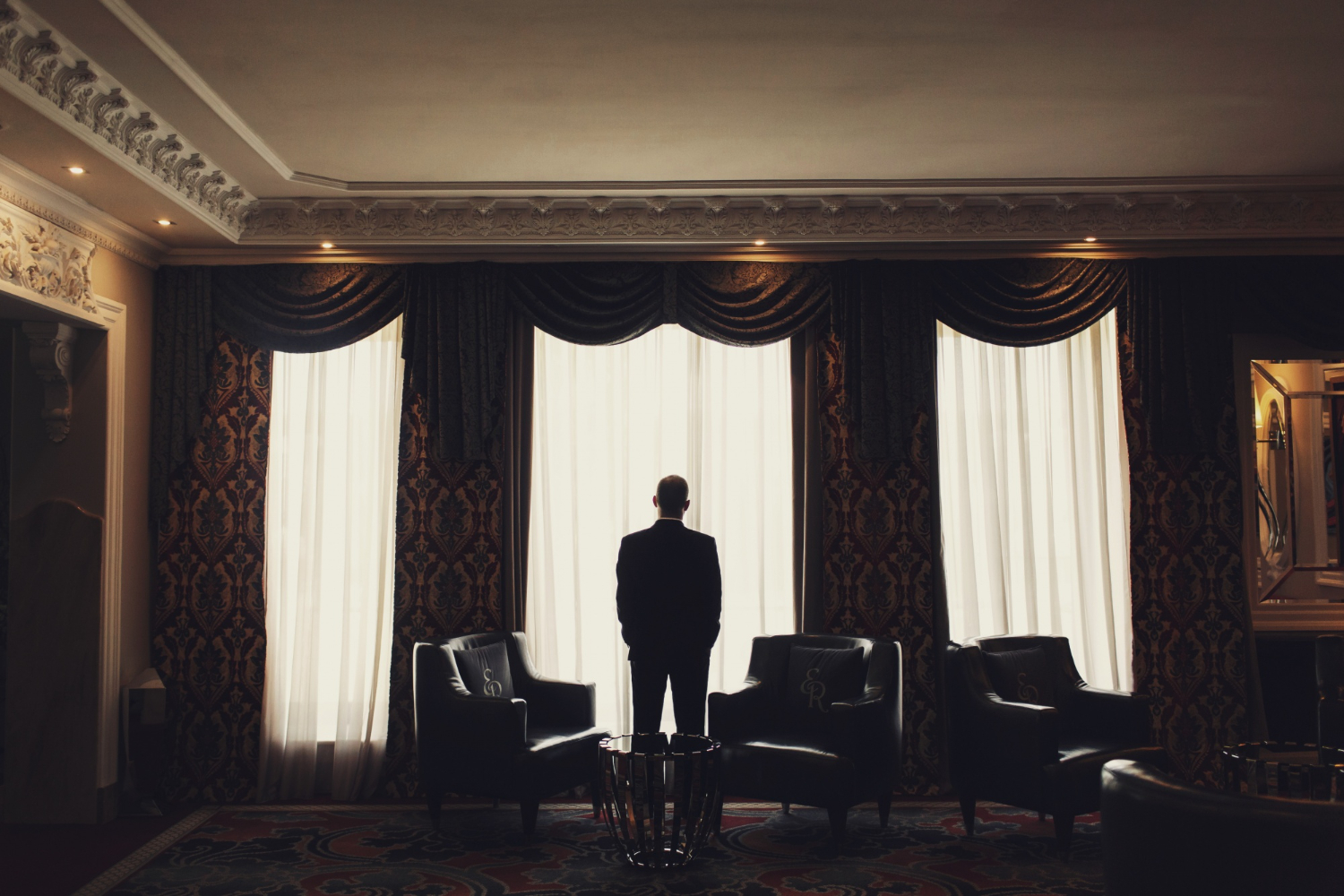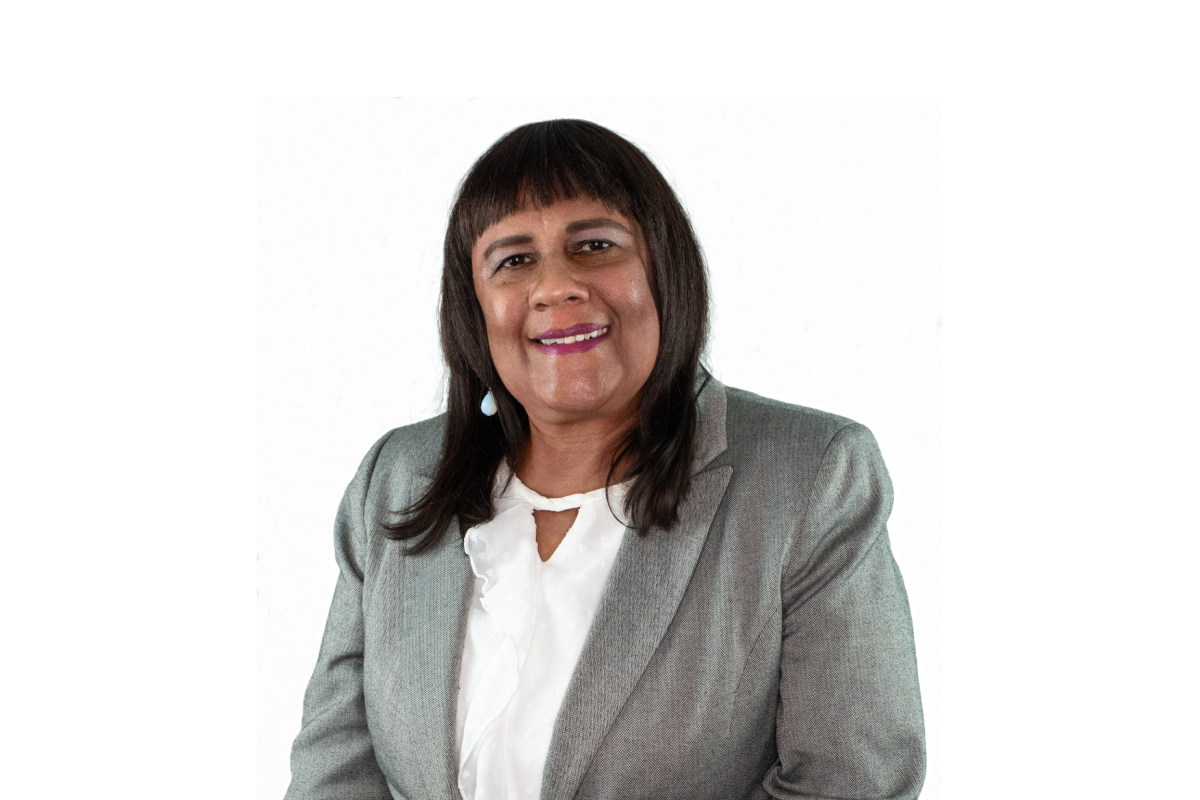The COVID-19 pandemic rattled the foundations of society—and to cope, many touted the phrase, “We’re all in this together.” The pandemic was considered some non-discriminatory force, and perhaps even a problem that would eventually bring us all together.
In a way, there was a pinch of truth behind the idea of the pandemic being “a great equalizer.” Nobody was completely safe and the virus itself did not care how much money anyone had; however, data shows the global crisis went far easier on the rich. That’s not because the virus had a preference for lower- and middle-class hosts, but simply because entering a global crisis with considerable wealth is a head start not afforded to the average person.
The level of affluence determined the fate of the rich as the world experienced the pandemic. Even the billionaires that took a financial hit still came out on top. During lockdowns, demand for oil, office real estate, and hotel real estate wasn’t what it had been before. Tycoons like Donald Trump, whose income is mostly wrapped up in physical property investments, saw a loss of over $1 billion, leaving him with $2.4 billion. A measly sum compared to his previous $3.1 billion, but nevertheless, a nice shield in times of tribulation.
How billionaires and other ultrarich fared amid disaster depended almost entirely on the industries they could afford to bank on prior to the virus sweeping the nations. Consumer interest in light of tragedy led to increased demand in certain products and services.
Notably, Jeff Bezos, founder of global ecommerce platform Amazon, was considerably lucky to be a pioneer of door-to-door delivery in a time when people, minus essential workers, were legally and socially obligated to stay home as often as possible. Bezos wealth didn’t grow nearly as much as tech mogul Elon Musk’s, but he didn’t have to skip any meals. Bezos $113 billion went up to $150 billion between 2020 and 2022, as more consumers turned to Amazon for shopping. Not that the Walton family, attached to big-box brick-and-mortar department store Walmart, didn’t turn out richer either.
Musk, CEO of Tesla, and SpaceX found the pandemic extremely lucrative. He gained an astronomical $150 billion, taking him from $25 billion to $255 billion over the course of Earth’s latest bout of pestilence. The mind-blowing jump had something to do with a Tesla stock boom, after investors developed a fondness for the electric vehicles.
Google founders, Sergei Brin, and Larry Page did well too. Their fortune climbed 137 per cent. Unsurprisingly, Eric Yuan, founder of Zoom, the videochat platform that almost everyone became acquainted with in 2020, joined the billionaire club after the pandemic struck.
In addition to their wealth either increasing or remaining substantial, the rich also weren’t as prone to crossing paths with COVID in the first place, a privilege lower- and middle-class folks quite literally couldn’t afford. Many upper-class jobs were transferable to remote settings, given the majority of their organizations were already exploring state-of-the-art technological solutions. Never mind the capacity the rich have to speedily invest in risky forms of passive income—like stocks, luxury real estate, cryptocurrencies, and external business ventures—and almost always being guaranteed a positive outcome or, at least, a triumphant bounce-back.
The lower- and middle-class were often less fortunate—usually facing the pandemic head-on, on the frontlines, caught between having to run grocery stores, pharmacies, big-box retailers, restaurants, emergency services, and manufacturers (the ones that didn’t go under, at least) or being short their only source of income. This would be with or without a car, and public transit would add an additional risk factor. Poorer people were almost always exposed to COVID.
Lower- and middle-class Americans received the shortest end of the stick, being on the frontlines where they would be lucky not to catch the virus then getting turned over to the privatized healthcare system, where they’d incur medical debt trying to recover from the pandemic.
It was quite the sticky situation for non-rich Americans: give up your frontline job and go into debt or keep your frontline job and still likely go into debt. While many middle-class people had the option to work remotely, there were other challenges they wouldn’t have the funds to surpass, like childcare concerns as schools went remote and daycares shut down. One parent—if there was more than one parent—would have to drop their income to look after children, slicing a limited annual family budget down the middle.
For the lower classes, governments had to step in with stimulus cheques. Cheques more than one rich American claimed by falsely reporting income via a legal loophole, according to ProPublica. Current president of the United States, Joe Biden, has a plan to address the loopholes that spare many of the U.S.’s rich from tax deductions.
“Sometimes I have arguments with my friends in the Democratic Party,” Biden said, as quoted in Forbes. “I think you should be able to become a billionaire and a millionaire, but pay your fair share.”
Luke Miles | Staff Writer




















